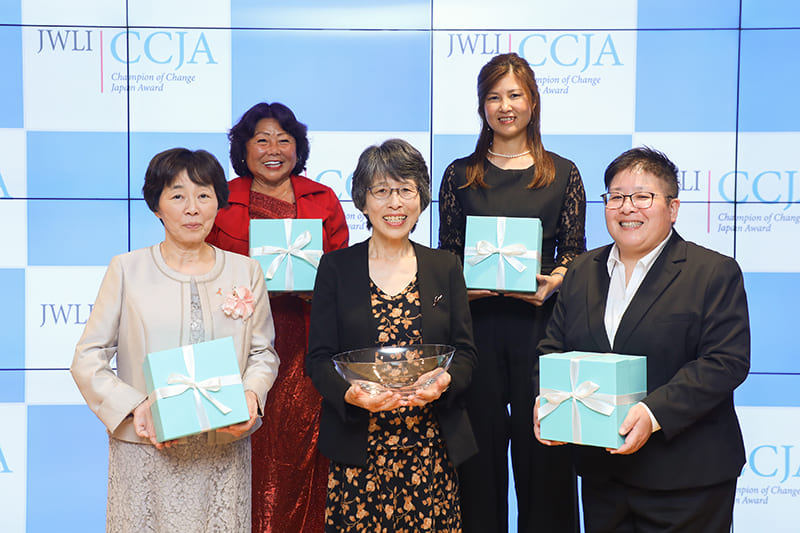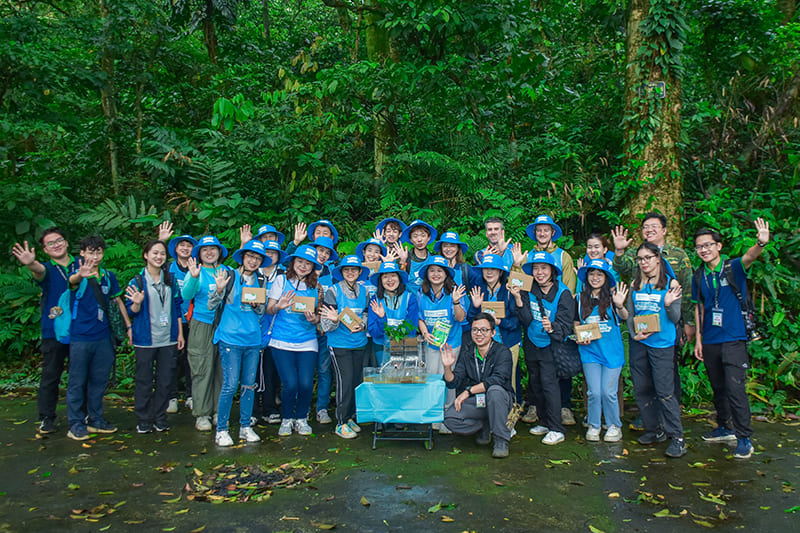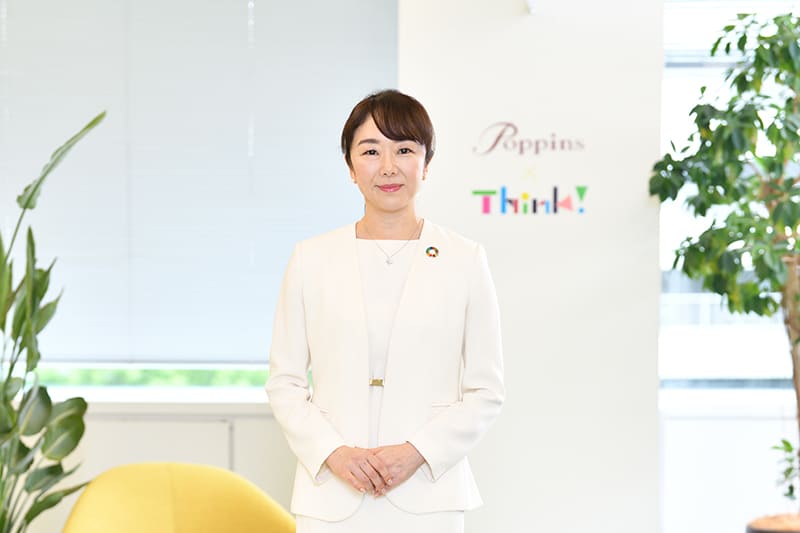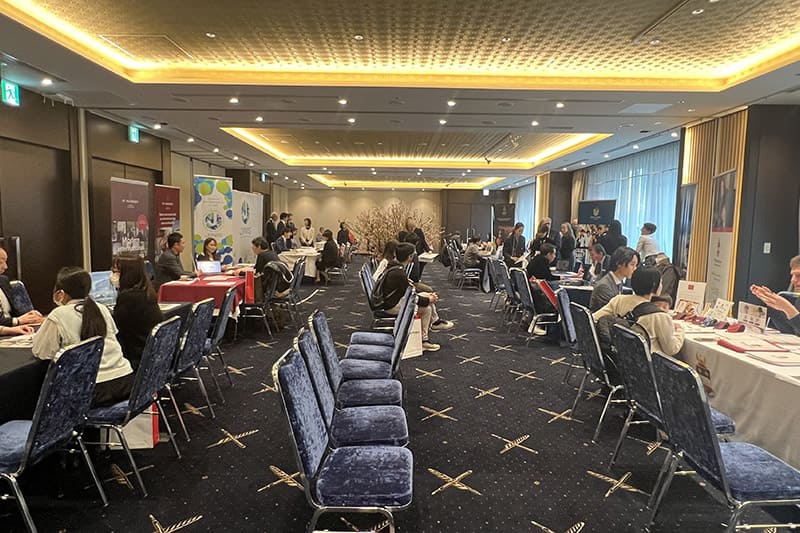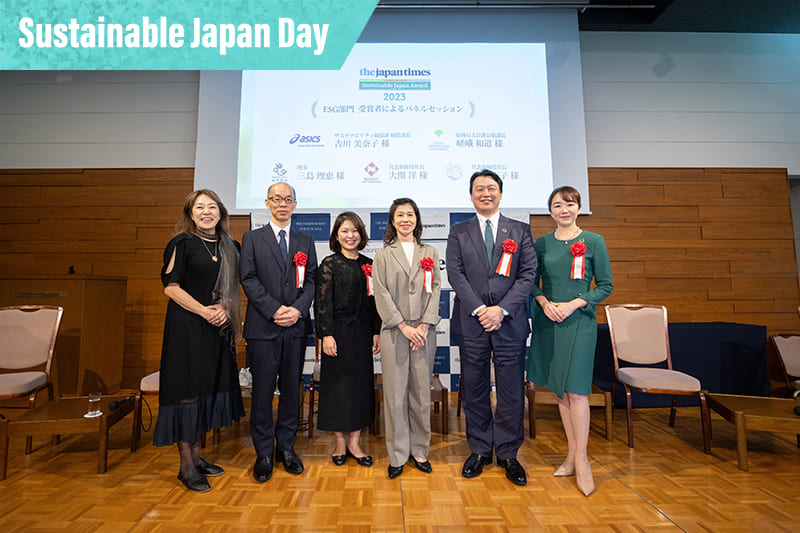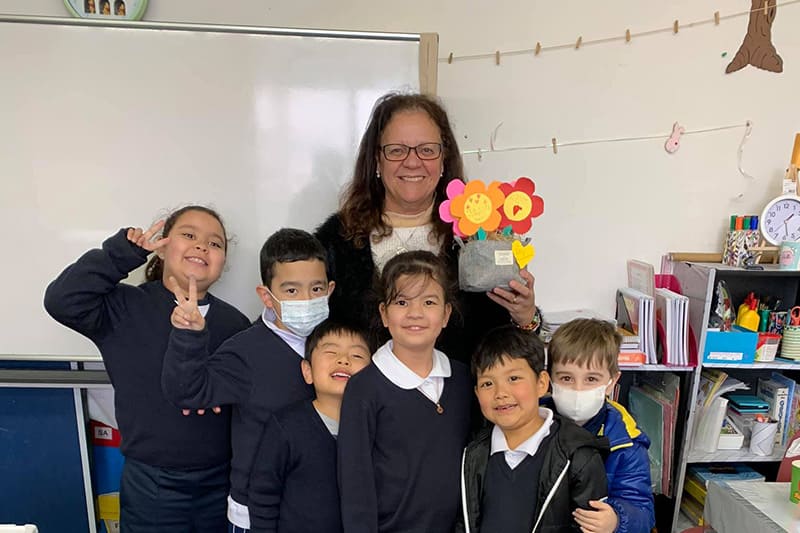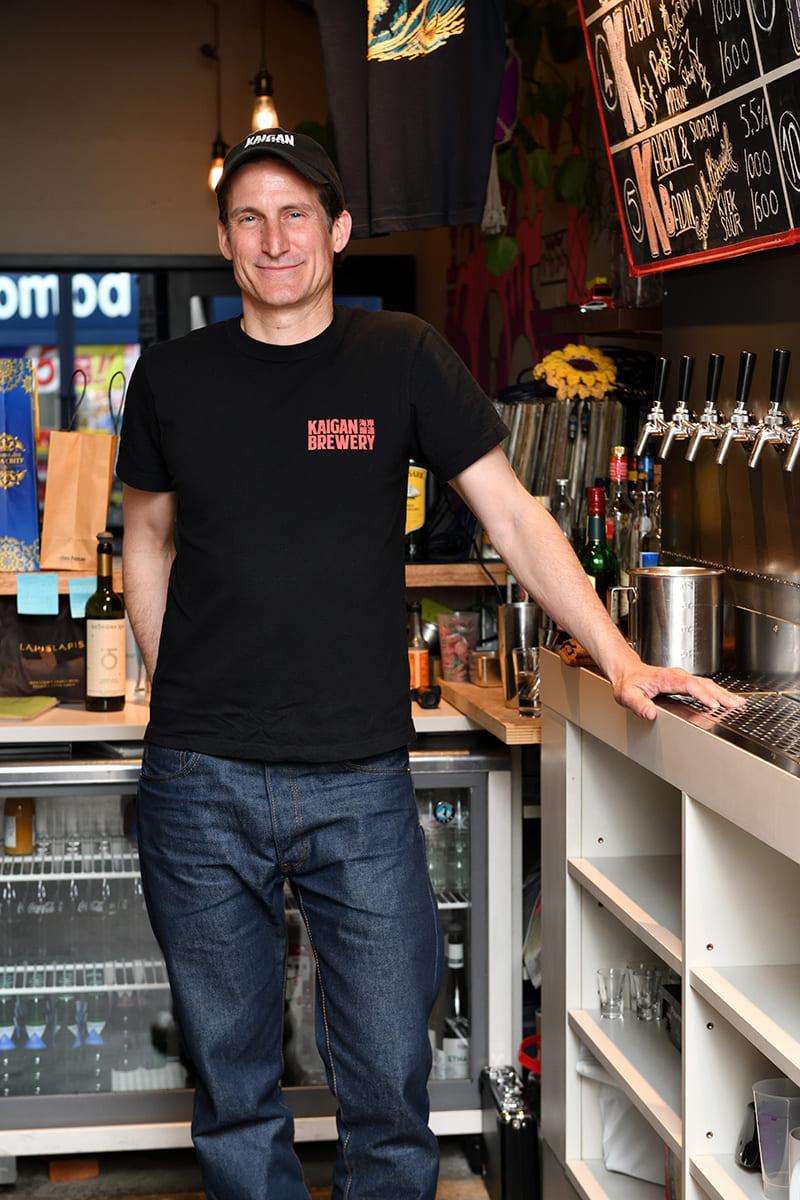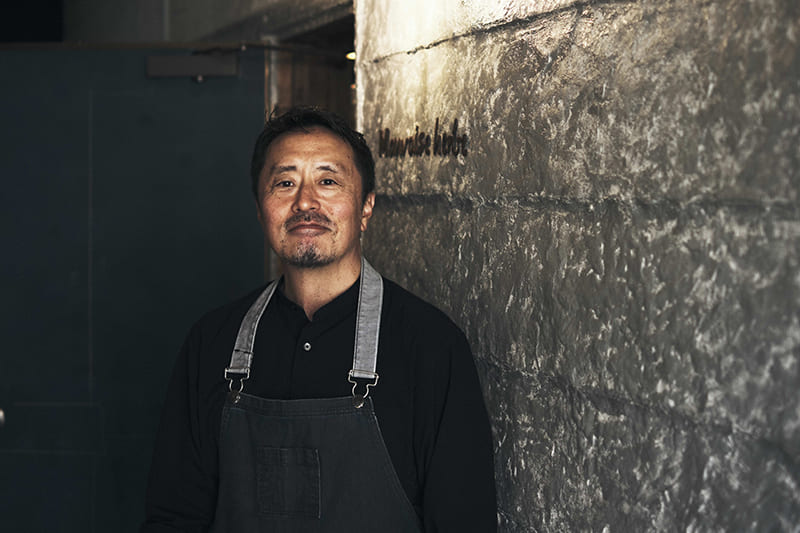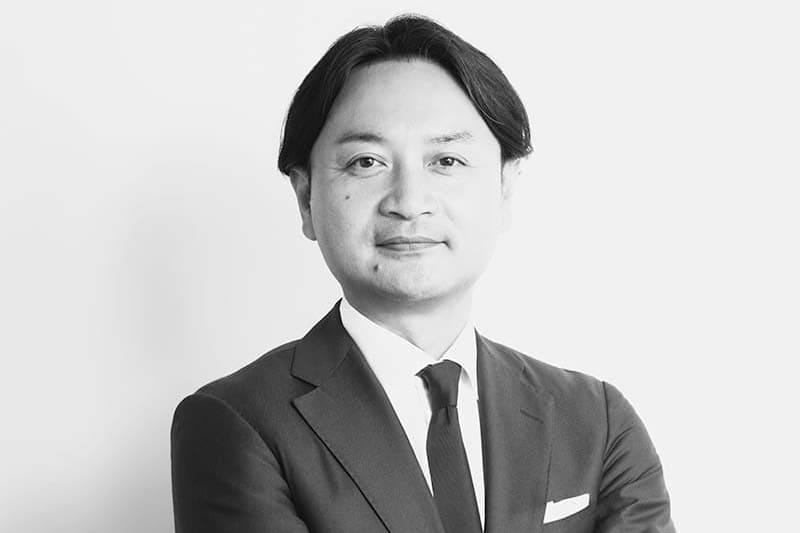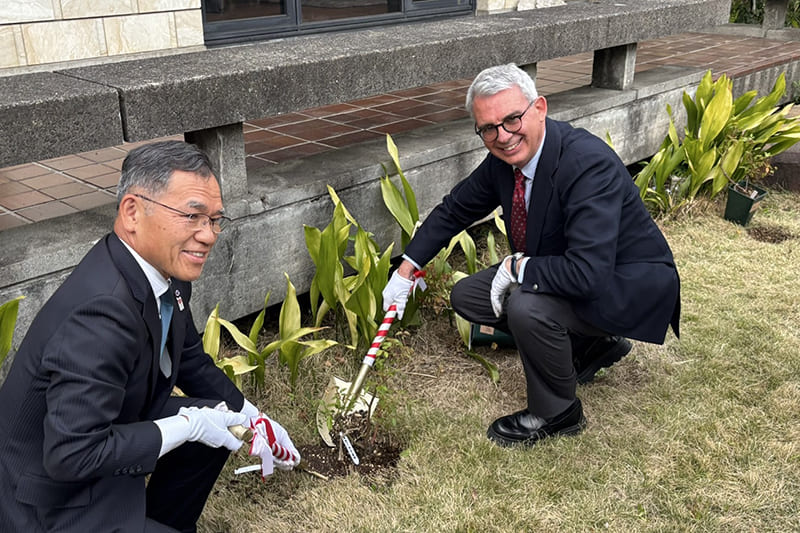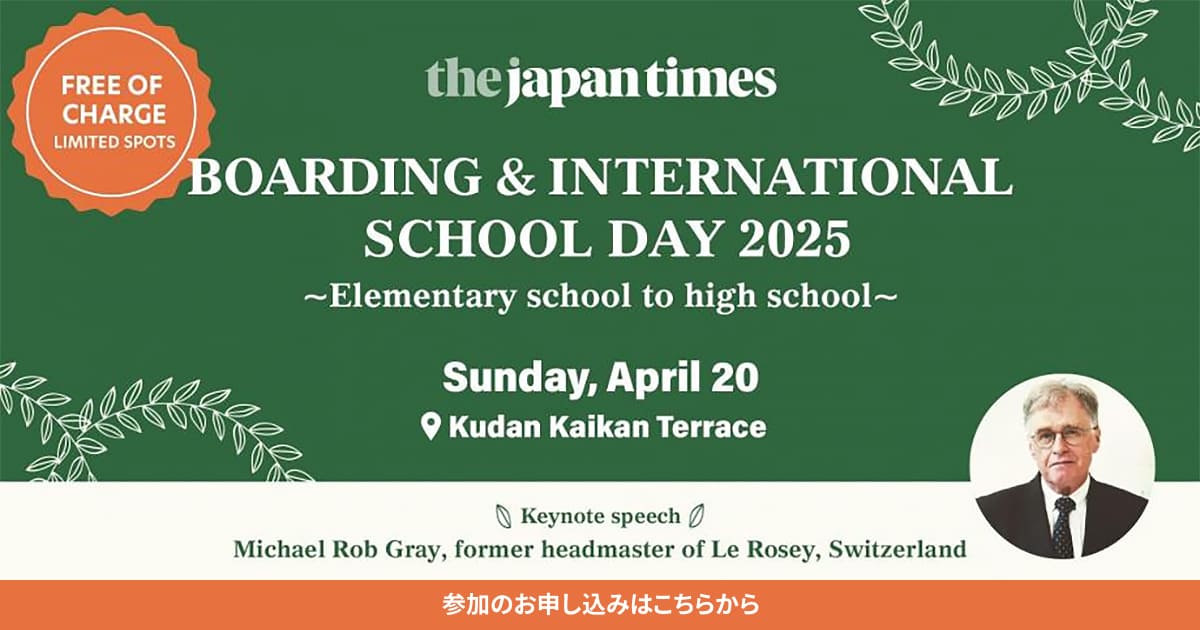May 19, 2025
Roundup: Boarding and International School Day
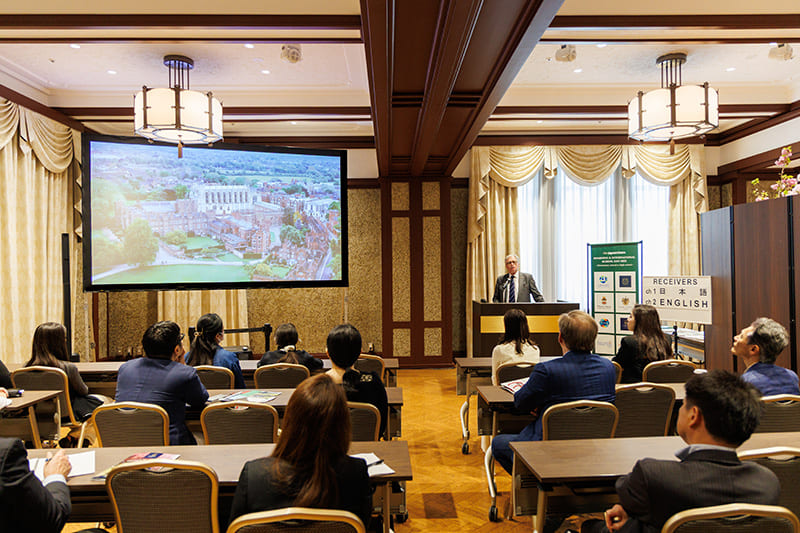
The Japan Times Boarding and International School Day 2025 for elementary to high schools was held at the Kudan Kaikan Terrace in Tokyo’s Chiyoda Ward on April 20.
In Japan, educational options have been widening with an increasing number of international and boarding schools in recent years. They are all unique in terms of location, the kinds of curricula and year levels offered, facilities, boarding and day options, extracurricular activities, composition of students and so on.
The event provided a rare opportunity to learn the advantages of international and boarding schools through talks by experts and faculty members representing some of the schools in Japan. It also allowed participating parents and children to ask questions directly to representatives of the eight schools that exhibited at the venue in order to understand the characteristics of each and think about which could be the best choice for them.
Boarding schools offer top education with more care, time and friends
This year’s Boarding and International School Day began with a keynote speech by Michael Rob Gray, formerly the headmaster and now a senior adviser and board member at the renowned Swiss boarding school Institut Le Rosey, headmaster of the relatively new Le Regent International School, also in Switzerland, and adviser to JINIS (Jinseki International School), the first full-boarding elementary school in Japan.
Based on his rich expertise drawn from long experience of working for the world’s most prestigious boarding schools, he shared his insights into what boarding schools can give to students.
He began by clearly differentiating between boarding schools and schools with dormitories, saying that a boarding school is a synthesis of learning and life. “In boarding schools, schooling continues in the dormitory, and living together in the community continues in the school. The whole is greater than the sum of its parts,” he said.
Mentioning some of the most famous boarding schools across the world — including Harrow School in Britain, Choate Rosemary Hall in the U.S., Institut Le Rosey in Switzerland and Geelong Grammar School in Australia, he said that although there are differences as a matter of course, it is much more important to start by identifying the commonalities to truly understand the benefit of boarding schools in general.
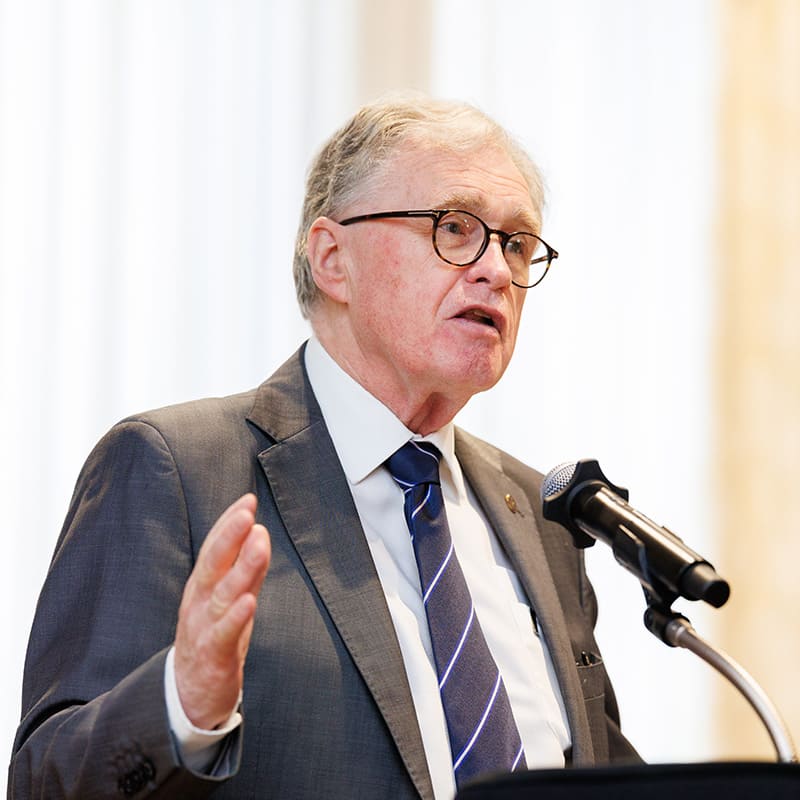
He highlighted that there are some core ideas that appear in the mission statements and the central principles of many boarding schools — such as “goodness,” “knowledge,” “inspire,” “friendships,” “change the world for the greater good,” “high purpose” and “contribute to the world” — regardless of where they are located. He also noted that any good boarding school is devoted to the personal development of its students to help them embody the schools’ principles and has a rich learning environment and living community, motivated students, high academic standards and opportunities for various activities and sports.
“Another thing that I think is common to all boarding schools is a very high level of pastoral care,” he said. Boarding schools have teams of tutors, supervisors, counselors, housemasters and so on, all dedicated to looking after students and are ever sensitive to their needs and worries.
He touched on the impressive history of renowned boarding schools like King’s School, Canterbury, founded in 597, but also emphasized that new boarding schools are not necessarily disadvantaged by their shorter histories. He mentioned relatively new schools such as Marlborough College Malaysia and Rugby School Japan, both of which are linked to established British schools. He said these newer schools benefit from the traditions of their U.K. counterparts and many of their teachers may have been trained or educated in the U.K. boarding-school system, bringing that rich history to the newer schools.
He also highlighted the high academic standards of most boarding schools, both old and new, that provide education most often based on the British curriculum or the International Baccalaureate Programme, stating that a significant percentage of their graduates attend top universities or business schools. “In fact, depending on the school, 20 to 50 percent of students go on to Ivy League-class institutions,” he said.
This is supported not only by well-designed curricula and high-quality education from dedicated teachers, but also by an unparalleled and constantly updated learning environment. Gray noted that many boarding schools invest abundantly in their facilities. He pointed to examples of schools opening new facilities or renovating existing ones, including Harrow School, which has been fundraising for a new sports and science center and dining hall improvements, and Institut Le Rosey, which in June will open a new science and entrepreneurship center designed by the prestigious international architect Bernard Tschumi.
Some schools are incorporating the idea of gender diversity into their facility investments. Gray noted that while the vast majority of boarding schools in the world are now coeducational, particularly progressive institutions like Phillips Academy Andover and Phillips Exeter Academy in the U.S. have all-gender dormitories.
Turning to boarding schools in Japan, Gray emphasized the significant amount of time that most Japanese students spend on traveling to and from school as well as extracurricular activities such as various lessons, sports and cram schools, and noted that boarding schools offer the advantage of providing all of these things on campus. He also underlined the high level of English education and student diversity at boarding schools, calling it a wonderful experience for many. However, he also noted that the appropriate age for enrolling in a boarding school varies and requires careful consideration for each child.
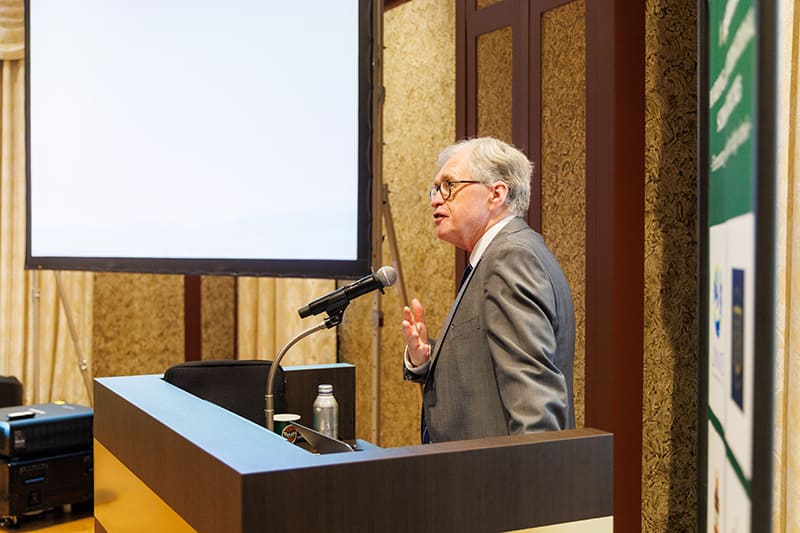
Rugby Japan, Phoenix House
In the first talk session, Claire Fletcher, the head of Phoenix House International School, and Tony Darby, the principal of Rugby School Japan, discussed what prospective students and their parents can expect from their respective schools.
Phoenix House International School, a British prep school in Tokyo’s Chiyoda Ward based on the English national curriculum, is characterized by small class sizes, with a maximum of 18 pupils, and a strong focus on academic achievement, as highlighted by Fletcher.
She also noted that the school’s high expectations for pupils extend beyond academics, and it offers numerous nonacademic activities to encourage pupils to try new things. She said there are about 80 clubs, contributing to making pupils’ after-school time productive. The school aims to build pupils’ confidence, character and communication skills, preparing them for secondary school. Teachers maintain ongoing conversations with parents regarding secondary school choices to ensure each child receives the necessary preparation for their chosen path.

She also emphasized the school’s strong sense of community and belonging, which significantly contributes to the well-being of pupils.
Established in Chiba Prefecture in September 2023, Rugby School Japan is a boarding school that also offers day and weekly boarding options, with its educational foundation rooted in British teaching methods. Darby said that education extends beyond the acquisition of knowledge: “Education is about inquiry, testing the limits of what you can do collaboratively.”
In addition to its academic focus on preparing students for entering top universities around the world, the school provides extensive nonacademic co-curricular activities and supercurricular opportunities that encourage deeper exploration of student interests. Examples of supercurricular activities include partnerships with Tokyo University and Chiba University allowing students to attend lectures and participate in research.
Darby also highlighted the school’s tutor system, in which each student joins a small tutor group, providing in-depth care and guidance. Drop-in sessions with subject teachers also provide opportunities for individualized support in one-on-one sessions.
In addition, he emphasized the school’s significant efforts in recruiting talented and caring teachers and expressed his belief that the fostering of interactions with resourceful teachers both in and out of the classroom, such as evenings in the boarding houses, significantly contributes to students’ growth.
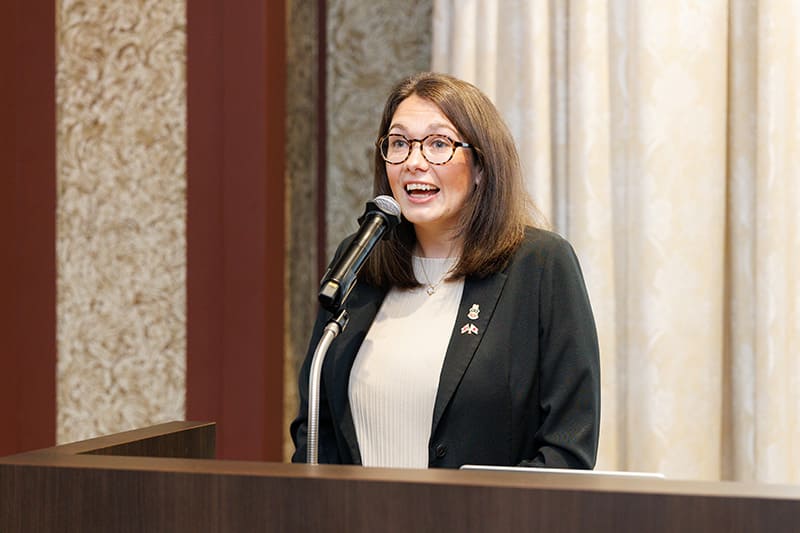
Jinseki International School
JINIS (Jinseki International School) is an English-Japanese bilingual school where children learn in two languages nestled in the scenic countryside around the town of Jinsekikogen in Hiroshima Prefecture. Established in 2020, it is the first full junior boarding school in Japan, providing education based on the International Primary Curriculum alongside the guidelines set by the Japanese Ministry of Education.
Guided by advisers Michael Rob Gray, formerly the headmaster of Le Rosey in Switzerland, and John Baugh, formerly the headmaster of the Dragon School in Oxford, England, the school emphasizes four core values: “endeavor,” “responsibility,” “integrity” and “courage.” Its educational philosophy centers on providing a holistic experience that cultivates learning skills and encourages students to exercise their curiosity, with an aim to foster the ability to express and communicate ideas effectively while embracing and valuing diversity and respecting others. Instruction is primarily in English, with a strong focus on experiential learning and cultural immersion through a variety of year-round activities held on its expansive campus. The campus is divided into five distinct areas: school and boarding area, sports field and clubhouse, Japanese garden, village area and farm area.
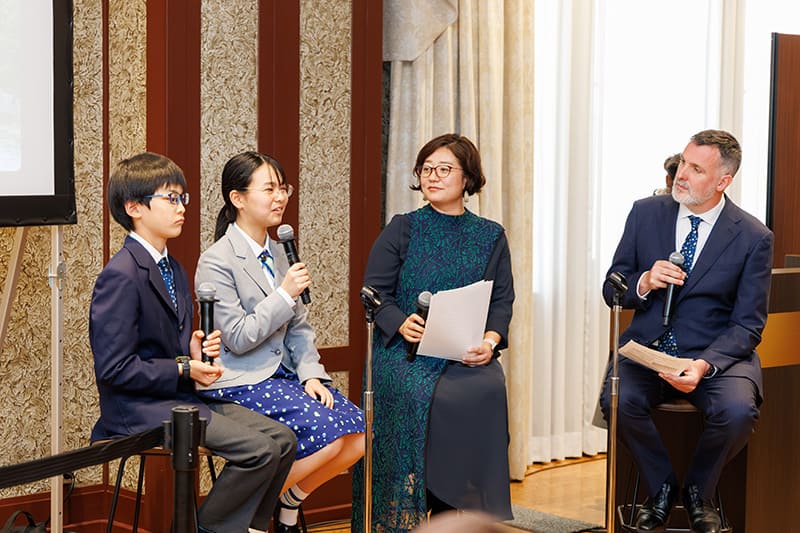
The session on JINIS was held in both English and Japanese, featuring two graduates. One was a boy who had been at JINIS since the age of 7 and is now going to Geelong Grammar School in Australia. He said that a school trip to Kenya where he saw diverse wildlife was an unforgettable experience. He also enjoyed a class project in which students, provided with only a motor, proceeded to design and build an entire car, including the body and tires. He noted that the boarding school environment helped foster self-reliance at an early age. “JINIS taught me the importance of both independence and collaboration,” he said.
The other one, a girl who joined JINIS at age 9 and now will attend Shawnigan Lake School in British Columbia, created the club for the traditional card game based on the waka collection “Hyakunin Isshu” (“100 Poets, One Poem”). “We planned tournaments from scratch, spending evenings on club activities, discussing and studying with teachers and friends in the study hall,” she said. She emphasized that the school’s small student population allows teachers to identify the strengths and weaknesses of each student, contributing to personal growth.
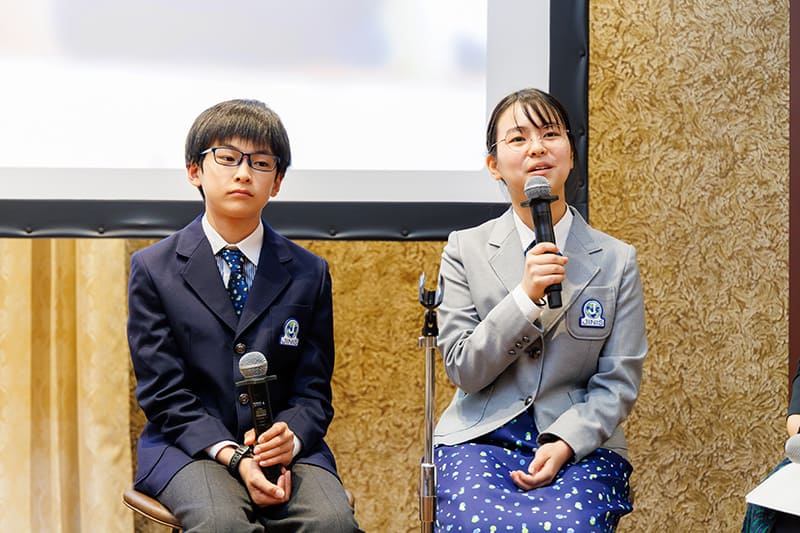
Panel discussion: How life at a boarding school is better
The panel session, moderated by former Institut Le Rosey Headmaster Michael Rob Gray, featured three panelists from two boarding schools in Japan and an international organization promoting Swiss boarding school education.
George Watts from Harrow International School Appi Japan, located in Iwate Prefecture, described it as a “one-of-a-kind full-boarding school,” highlighting its beautiful natural surroundings in northeastern Honshu. Established in August 2022 and affiliated with the U.K.’s Harrow School, the school currently has around 300 students from 27 nations, catering to children from age 11 to 18 as a British secondary school, according to Watts.
He said the school offers a holistic education with a strong academic focus based on the British curriculum, enrichment programs encompassing outdoor activities including snowboarding, mountain biking and golf, and personal tutoring centered on the school’s commitment to knowing each child well. “As an institution, we have a responsibility to develop children into their best selves,” he said.
NUCB International College, located in Aichi Prefecture, is a coeducational boarding high school where students can earn both an International Baccalaureate diploma and a Japanese senior high school diploma.
Principal Robert Chaytor said, “Our Japanese students, who comprise 50% of the student population, have graduated from Japanese junior high schools” and the other half come from international families representing 23 nations, a number expected to increase to nearly 37 in the next school year.
The school’s robust academic program, supported by a low three-to-one student-teacher ratio, has led to significant success among the school’s first graduates, who have gotten offers from globally recognized universities. Chaytor said the first graduating class has received offers from universities ranked in the global top 30 that outnumber half of the total student body, and more offers from institutions within the top 100 of the QS World University Rankings than the total number of students.
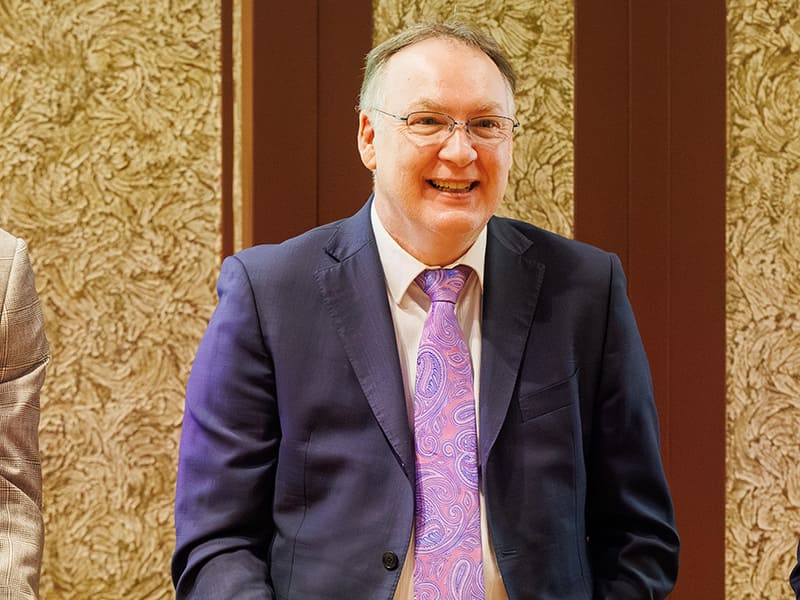
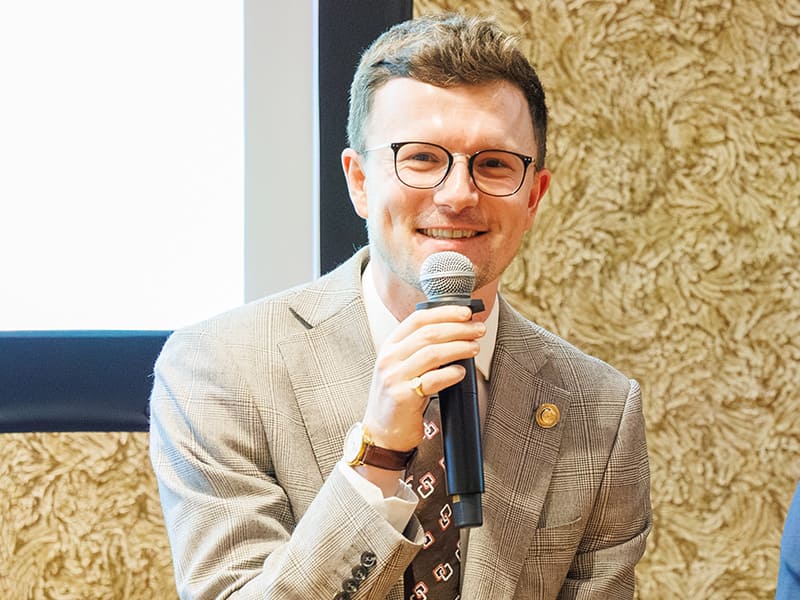
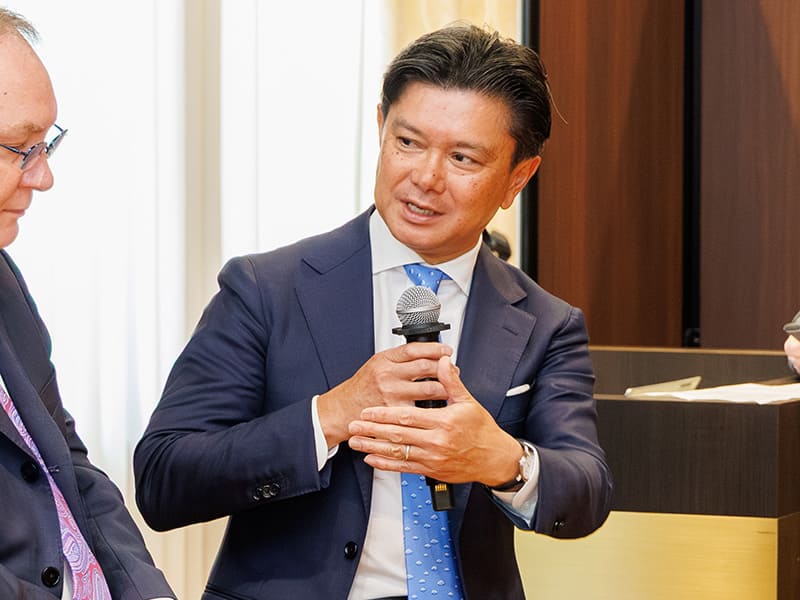
Yuichiro Nishi from Swiss Learning explained that many Swiss boarding schools trace their long history back to the period after World War I, when people from various nations sought refuge in neutral Switzerland and resided in hotels. “Families often brought private tutors for their children, and many Swiss boarding schools originated from private schools established primarily in resort areas to support education provided by these tutors,” he said.
He added that Swiss boarding schools cater to all year levels, from kindergarten up, and support multiple languages such as English, French, German and Italian, depending on their location. He also noted the variety of high school programs, including American, British and those offering international, Swiss or French baccalaureates. He emphasized that this wide range allows parents to carefully consider their child’s age, preferred language and career aspirations when choosing a school.
All three panelists agreed that life at a boarding school is generally busy, starting with breakfast, followed by classes, after-school activities, dinner and evening study, with minor variations in schedules and the balance between individual study requiring concentration and collaborative peer activities. Watts noted that this busy schedule is productive because students do not need to travel between locations.
They also agreed that safeguarding children is the paramount priority of boarding schools. Chaytor emphasized that inaction is not an option when issues arise. “One of the promises I make to all parents when they come to our school is that I will do my very best to lead the school so that their child is looked after the way I always wanted my own children to be looked after,” he said.
Watts explained that the substantial and quality time that teachers and staff members spend with students allows them to notice even subtle changes in the children. Nishi added that Swiss boarding schools traditionally have supervisors residing in dormitories with students, both safeguarding and supporting them, much like older siblings.
Both the two schools in Japan and many Swiss schools maintain similar policies regarding the limited use of electronic devices including smartphones and tablets. While embracing technology, they are also mindful of the risks of their improper or excessive use.
Chaytor affirmed that the boarding school experience fosters independence and confidence in students. Watts further added, “Being in nature provides students with opportunities to be brave and confident and to do things out of their comfort zone in a way that has appropriate guardrails.”
Chaytor said that in International Baccalaureate education, “you are expected to go back to your community and make it a better place. That is what we want our children to be able to do, so we are looking for children who will be able to live that objective to its fullest.”
Responding to a question from the audience about how boarding schools address gender diversity and religion, Chaytor said each school is unique in its capacity to support gender diversity, emphasizing the importance of finding the best fit for each child. Watts said that his school tries to be open and transparent about what it can and cannot do in terms of students’ religious needs. “As a full-boarding school, we face some logistical limitations due to our location, but we are committed to supporting students from diverse backgrounds — for example, by providing halal meals when needed,” he said.

